2023 Summer Institute Facilitator Bios
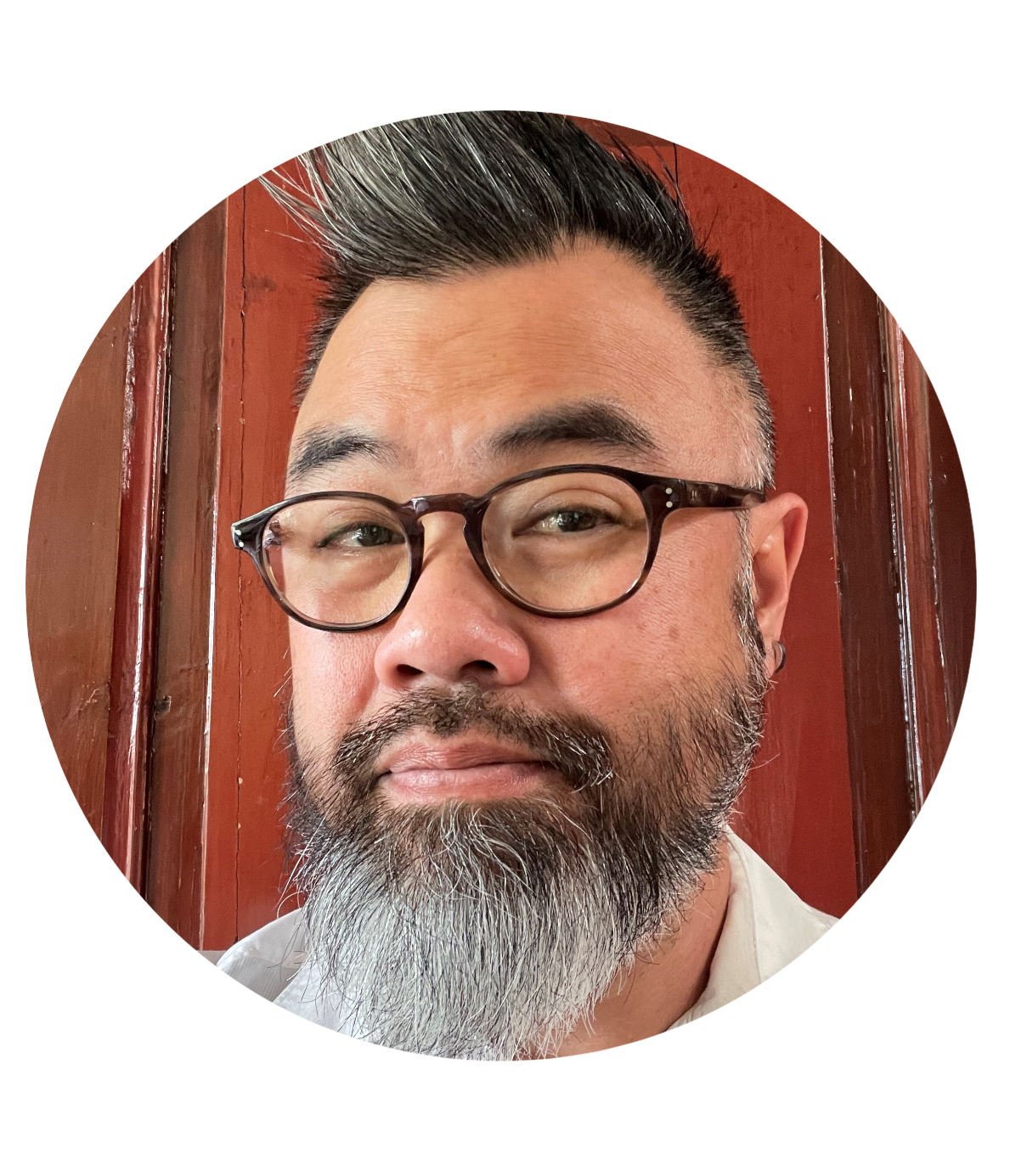 |
New this year! Advanced practitioner cohort on Intensives and Immersives
Phu Tranchi
Phu runs Oakwood School’s Immersion Program, which is a two-week interim term program engaging the full secondary campus: faculty and students (grades 7-12). He taught multiple courses in the program before leading it for the last seven years.
Husband, father, dog-person, Phu finds peace in the ocean, in the woods, and in the kitchen. An unapologetic progressive educator, he endeavors to disrupt traditional learning and engage students to directly impact real-world issues. Informed by his experiences serving in the US Peace Corps and all levels of school administration, Phu is invested in the power and capacity of youth to create change in their communities. He believes that learning fueled by purpose, broad and diverse perspectives, and compassion with the Global Goals at the core, will empower students to save the planet.
|
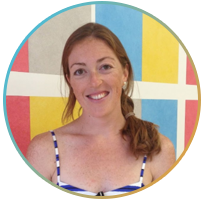 |
Ellie Donnell: English Facilitator
Ellie Donnell’s first teaching experience was leading a group of high-schoolers on a cross-country bike trip, where she learned the value of giving students the maps, giving them ownership of and responsibility for the trip, putting them in charge of changing their own tires, and deciding when to stop for breaks and what to cook for dinner. For 15 years after that, she worked hard to find ways to give students the maps in her classroom. Ellie taught English (to grades 8-12), journalism, and art history at Swiss Semester, Walnut Hill School for the Arts, Chadwick School, Marlborough School, Central Juvenile Hall in Los Angeles, and Rye Country Day, where she designed place-based courses and was involved with Round Square, service learning, and outdoor ed (and in efforts to break down the silos that so often keep school initiatives from being integrated).
Ellie recently joined the team of curriculum writers at Great Minds, where she is working to design an inquiry-based high school ELA curriculum to be adopted by school districts throughout the U.S. She learns best by doing, and she gets excited about backwards planning, Kurt Hahn, interdisciplinary and experience-based course design, ways to shake up traditional ideas about teaching and learning, and how to make four years of high school English more authentic, more relevant, and more interesting for students. She has an undergraduate degree from Williams College and a master’s degree from Teachers College at Columbia; she loves Santa Fe, and she's thrilled to be joining the Summer Institute.
|
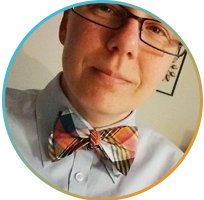 |
Megan Hayes-Golding: Science Discipline Facilitator
Megan joins us from Deerfield Academy in Massachusetts, where she teaches physics and mathematics plus coaches the robotics team. Megan’s students learn experientially, including projects like studying the physics of resonance using instruments they built and by solving challenges such as Road Runner vs. Coyote. The key, she says, to teaching experientially is twofold: 1) adjust your traditional notions of “covering content” and 2) allow students the time and space to genuinely reflect on their experiences. Megan holds a MAT in Secondary Mathematics Education from Georgia State University and a Bachelor of Engineering in Materials Engineering from Auburn University.
|
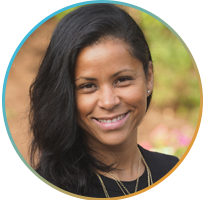 |
Sarah Tiamiyu: Elementary Ed Facilitator
Sarah is the K-6 Director of Learning Support at the Potomac School in McLean, VA. As she embarks on her 22nd year of teaching, in both public and independent schools, she continues to make arts integration central to her teaching and experiential education work. She is deeply focused on personalizing curriculum that is adaptable to both student's needs and strengths. For Sarah, learning is pervasive and must go beyond both the classroom and teacher. She has written multiple grants in her career focused on differentiation, mindfulness and experiential learning. Her experience reflects a range of elementary education including, kindergarten through 6th grade, Special Education, French immersion, curriculum development as well as working for the Superintendent of Education.
Sarah is originally from Edmonton, Alberta, Canada. Her childhood was spent sitting atop the Rocky Mountains of Banff and Jasper, ultimately instilling an insatiable curiosity for the world around us.
In her downtime, Sarah is nourishing her life-long learning zeal by engaging in professional development. Sarah and her husband spend the after-work hours, carefully noticing with their daughter and adding to her ever-growing bug collection. She is a multinational family and enjoys visiting relatives in Toronto, Edmonton and San Francisco.
Sarah has been an ISEEN facilitator since 2019. As part of the Elementary Cohort experience, Sarah invites all participants to bring personal artifacts to “tell their story” and prepare to (quite literally) think outside the box.
|
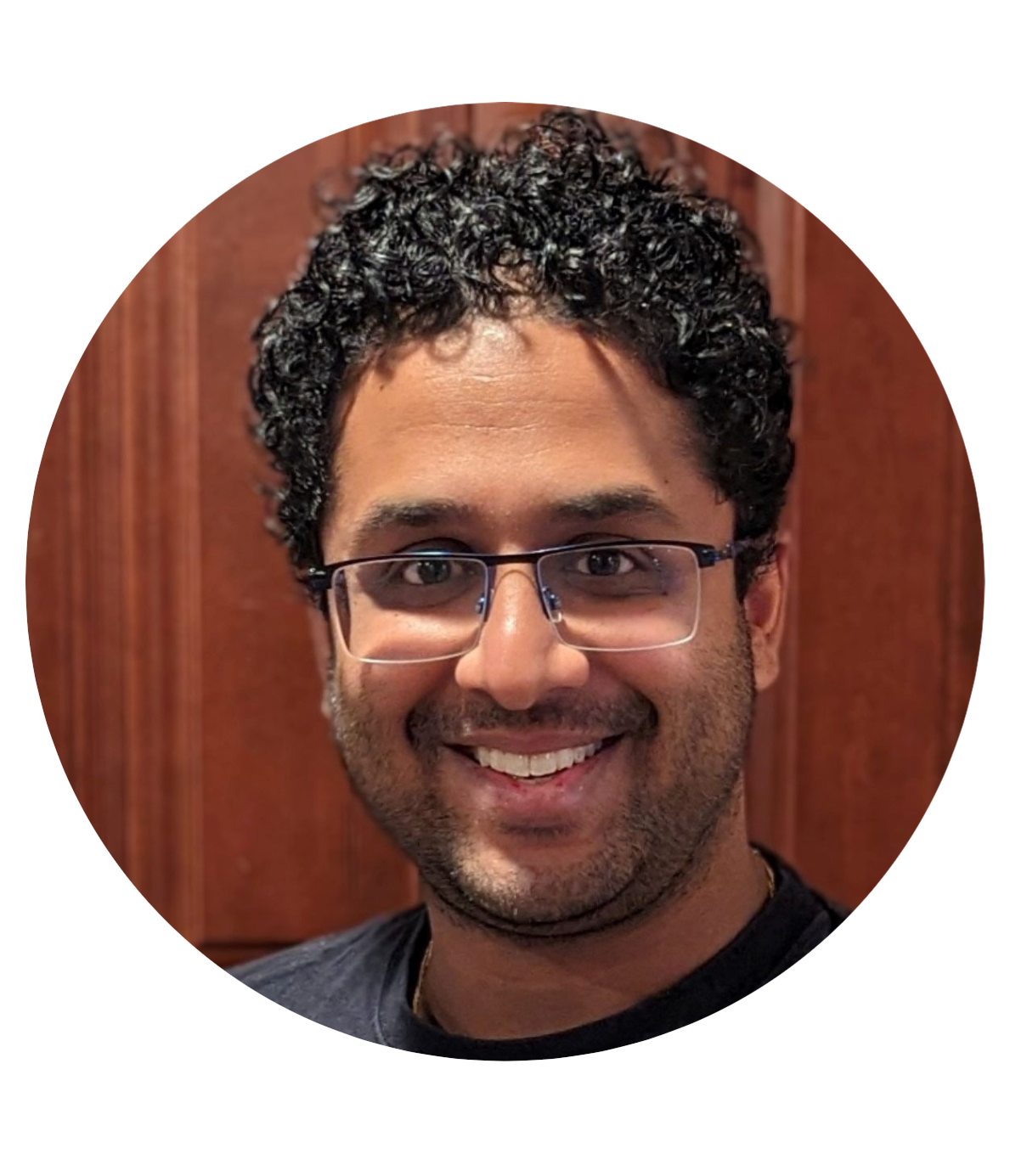 |
Siva Sankrithi: Math Facilitator
Siva Sankrithi is a lifelong learner and educator based out of Lake Forest Park, WA. He's worked extensively in both the public and private sectors and currently lives the Dad life with his boys, Sarang (9) and Vivaan (5), and wife Aarti. He earned his BS Math/Music and MS Applied Math from the University of Washington and began his classroom teaching career at Lakeside School (Seattle) at 19, where he taught 10 years before "retiring" at 29. For the past six years, he's focused on homeschooling his boys while running an educational consulting non-profit, WIISER, alongside numerous volunteer pursuits in the chess and music spaces.
Pedagogically, Siva is a strong believer in experiential education and child-led learning. He integrated innovative experiential curricula into traditional math courses (algebra through multivariable calculus) while at Lakeside and developed several new courses like linear optimization, geopolitics, election theory and game theory. Through his consulting, he's helped start numerous experiential school programs like The Downtown School, Open Window Online, and Global Online Academy. He's also had the privilege of facilitating the ISEEN math cohort for five years. Interesting past projects include innovations in the renewable energy and automotive engineering spaces, and developing a comprehensive kindergarten readiness curriculum centered around chess. Currently a major project is writing a book on child-led learning with his family that will hopefully hit the shelves in late 2023, if not sooner.
|
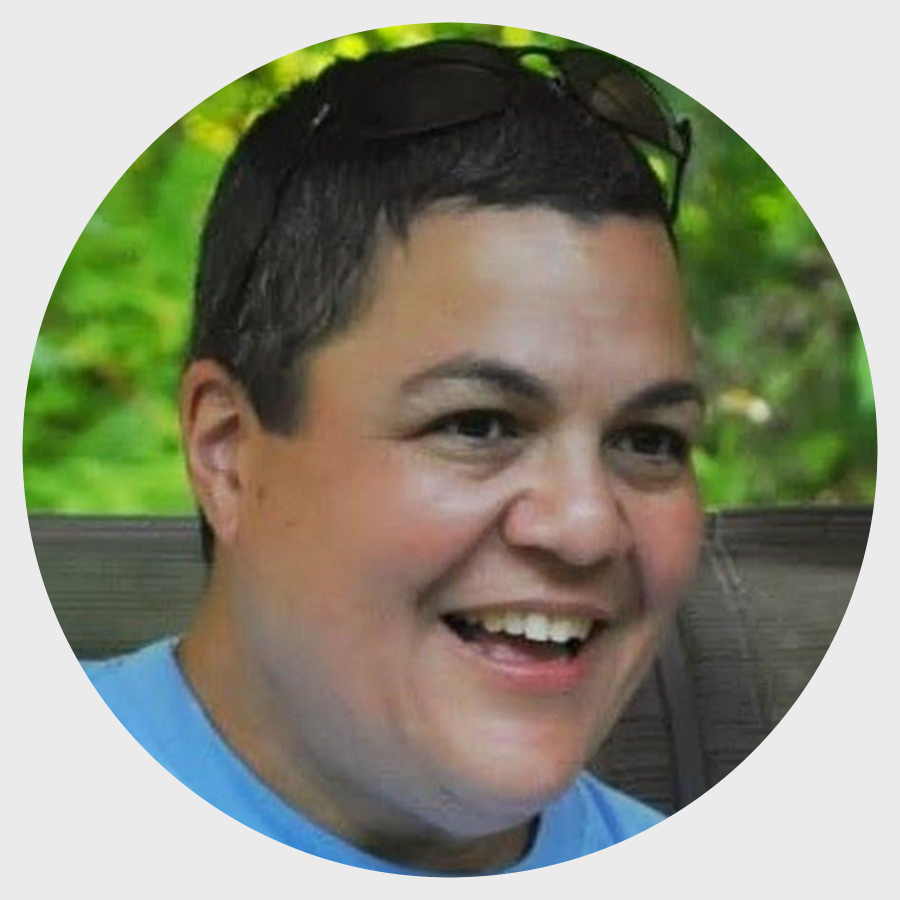 |
Yolanda Wilcox González: History Facilitator
Yolanda is a Teacher and the Global History and Social Sciences Department Head at the Beaver Country Day School in Boston, MA. Throughout her 22-year teaching career, Yolanda has built learning environments to foster curriculum practices that are student-centered, project-based, experiential, inquiry-based, authentic, and meaningful in the lives of students. Centering the voices and lived experiences of those underrepresented in the history curriculum has been central to her teaching practices as it exposes students to all of history and not just some of it. A socially-just educator, Yolanda works with students to understand the world, their place in it, and how they can be agents of change.
A native of Philadelphia, Pennsylvania, Yolanda started a career as a draftsperson while a senior in high school and worked for an engineers' consortium. In 1989, she received a degree in Sociology/Criminal Justice and became a social worker counseling adjudicated youth with reintegration into their home and school communities after returning from juvenile placement. In 2001, Yolanda became a history teacher with the School District of Philadelphia while earning a Master's Degree in Secondary Education and her Social Studies certification. In 2005, she moved to New England, taught middle school history, and coached softball and basketball. Yolanda came to Beaver in 2011 and as the Global History and Social Sciences Department head and teaches classes on criminology and penology, theories of justice, environmental anthropology, and identity, race, and class.
Yolanda has studied and worked abroad in Rwanda, Mexico City, Morocco, Spain, and Japan. She's led faculty training on diversity issues, technology integration, culturally responsive teaching, project-based learning, and anti-bias/anti-racist teaching, specifically on widening the historical lens and disrupting dominant culture narratives. Yolanda has presented at various conferences and organizations, including, EduCon 2.7, PoCC, ISTE, LearnLaunch Boston, PennPBL, Primary Source, Multicultural Educators Forum - Fenn School, and. SXSWEdu 2015, 2019, and 2023.
|
Back to the Summer Institute Home Page
|